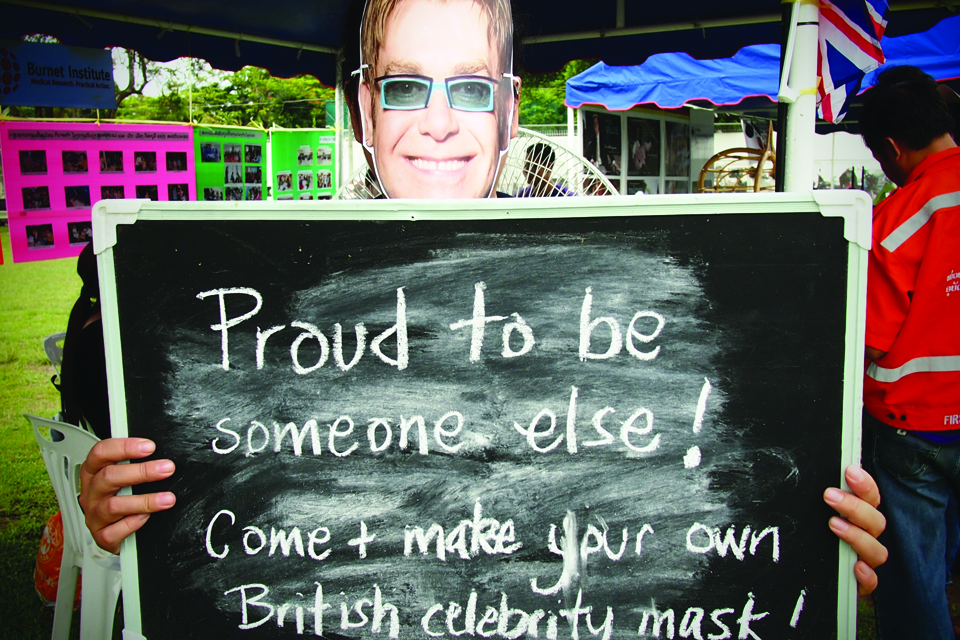Ambassador Philip Malone speaks at Vientiane diversity event
The British Ambassador to Laos delivered a speech at the 'Proud to be Us' event held at the American Ambassador's Residence in Vientiane.

The British Ambassador to Laos, Philip Malone said:
Good afternoon, everyone. It is a pleasure to be here and my thanks to the organisers for giving me the opportunity to speak.
I wanted to say just a few words about what diversity and inclusion means in the UK. In the last 50 years or so there have been many changes in the social fabric of Britain. From being a predominantly white Christian society in the early post-war period, many of the UK’s cities and towns now have a diversity of races and religions. The so-called “swinging 60s” brought about much change in attitudes towards equality, especially between men and women, as well as leading to more liberalism in our political landscape. And the economic upheavals of the 1970s and 1980s created many difficult challenges and have led to much change both societal and economic. As a result, in the last 20 years or so there has been a real transformation in British attitudes in a number of areas.
A particular theme running throughout this period has been the increased diversity of British society and the importance of making the most of this diversity. This has created tensions. But, over the years, the UK authorities have responded with a number of laws to prevent discrimination based on sex, race and religion, disability as well as a number of employment equality acts. To bring these together, an over arching equality act was passed in 2010. The human rights act of 2000, which put the European Convention of Human Rights into UK law, is also relevant. This legislative framework is backed up by the Commission for Equality and Human Rights which is responsible for “promoting equality throughout society.”
The key word there is “promoting” equality. In the past, the emphasis of government and organisations in Britain was focused on preventing discrimination and ensuring people were allowed their rights. The focus now is on inclusion which benefits everyone by accepting, respecting, understanding and appreciating the differences which make people unique. So in the UK we have moved from simply stopping discrimination (essentially a legal approach), through a period of ensuring equal opportunities for all, and now to inclusion which we believe is the most positive way to benefit fully from the diversity of Britain.
So what are the benefits of an inclusive approach? Well it means you enable everyone, irrespective of their background, to make a contribution to society. We all have different skills and expertise and if those skills and expertise are not utilised because of a prejudice or stereotyping then we lose out. A much better approach is to enable everyone to reach their true potential, regardless of background. Of course we all have different values, beliefs, perceptions, abilities and needs which should be appreciated, respected and understood. But by pursuing an inclusive approach and seeking out and welcoming all and making the most of what everyone can contribute, we can create a better society for all.
Of course these things do not happen overnight and in the UK, as everywhere else, we still face difficulties and tough issues to solve. But we believe the general direction of inclusiveness is the right path and we can already see the positive effects it is having in Britain. Thank you for your attention.